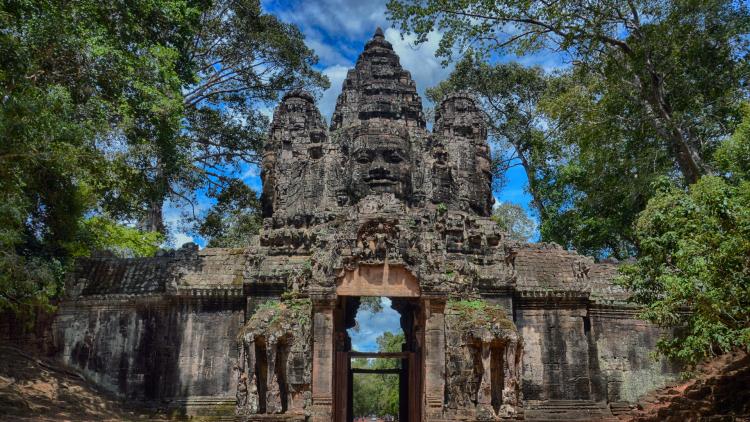Colonial curricula: empire and education at SOAS and beyond

Key information
- Status
- Module not running
- Module code
- 15PHIH054
- FHEQ Level
- 7
- Credits
- 15
- Department
- Department of History
Module overview
Founded in 1916 as the School of Oriental Studies to train British colonial civil servants, SOAS has, since the end of British imperial rule, become synonymous with the critique of imperialism and endeavours to teach disciplines from a non-western perspective.
Looking at the story of this transition, this course locates SOAS within both the history of imperial education and the history of struggles to free academic scholarship from colonial world views. Over ten weeks we will examines the ways in which British imperial practices influenced the formation of contemporary academic disciplines, particularly those that are taught at SOAS today (languages, anthropology, history, art and archeology) but also those that are not (science). We will look at how these processes shaped SOAS’s curricula and institutional structures, including, since the end of empire, driving rich debates about how to address and overcome the School’s particular imperial inheritance. We will consider what this history means for contemporary debates about decolonising curricula in the UK today, and discuss how we, as members of the SOAS community, can constructively engage with the institution’s colonial legacy to build more democratic learning environments, at SOAS and beyond.
Objectives and learning outcomes of the module
On successful completion of this module, students will be able to:
- Demonstrate a strong historical understanding of the different ways in which imperialism and colonialism has shaped the production of knowledge about our world from the C18th to the present and how this has varied across different regions of the world;
- Understand, use and critique different interpretations of colonialism and decolonisation;
- Demonstrate a broad knowledge of the historical changes that have taken place in university education in Britain and more globally, and of the place of empire and imperial thought within this;
- Use a variety of media to convey historically grounded and well-evidenced arguments to non-academic audiences;
- Critically analyse the objectivity of knowledge production and gain deeper understanding of how their own subject position (and that of others) shapes reception of academic ideas.
Workload
- This module will be delivered over the course of 10 weeks and will consist of weekly 1-hour lectures and 1-hour tutorials.
Scope and syllabus
The course will consist of 10 weekly sessions framed around the following issues and questions:
- Introduction - SOAS, imperialism and British higher education in 1916
- The command of language and the language of command
- From imperial history to histories of the colonised ‘on their own terms’ – the shifting frames of reference for writing Asian and African histories
- Empire and ethnography - London universities and the birth of modern anthropology
- The universal truths of imperial Science (or why we don't study African and Asian science)
- Imperial objects - colonial knowledge in art history
- From moral and material progress to economic development: colonial knowledge and the production of political economy
- The birth of area studies: Hayter report and imperial knowledge production after empire (1945 - 1970s)
- Looking forward from Empire: social science as a global discipline
- Globalisation and the expansion of higher education: SOAS in the 'decolonised' age
Method of assessment
- Portfolio of self-reflective writings of 1,500 words (25%)
- Mixed media portfolio (up to 2,000 words - up to 10 mins podcast - 5 mins film)- (75%)
Convenor
Disclaimer
Important notice regarding changes to programmes and modules
